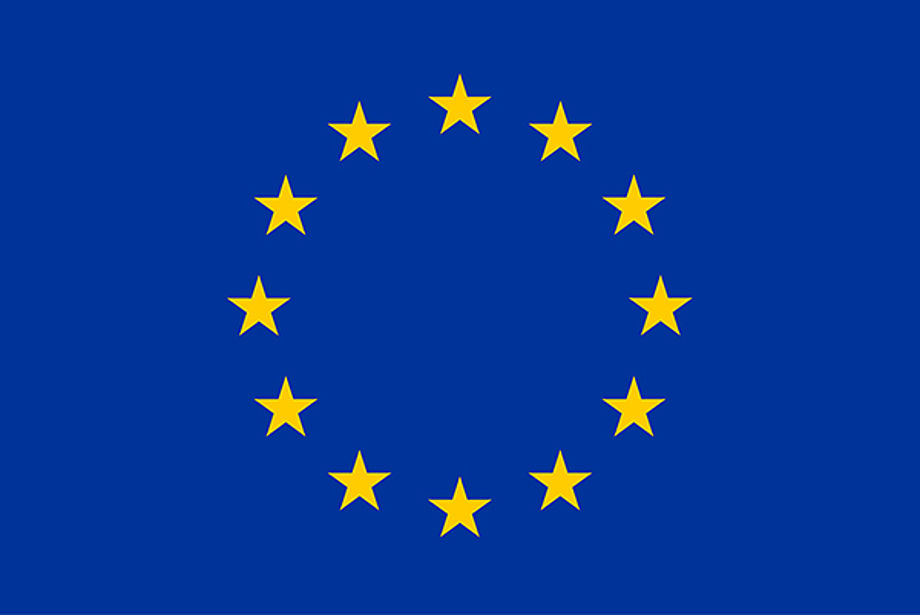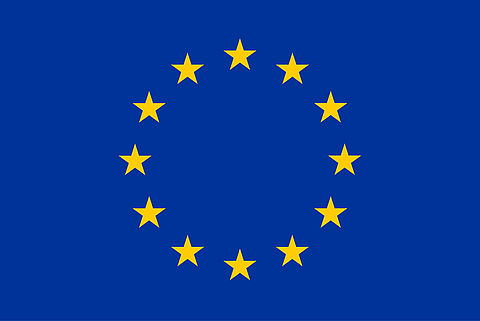European network "WEGO: Wellbeing, Ecology, Gender and cOmmunity"


Masculinised mining industry meets equal indigenous society: How does this affect gender and the power relations within the local community? The sociologist Professor Martina Padmanabhan and the Development Economist Professor Michael Grimm found a European network of excellence on Feminist Political Ecology that carefully examines gender relations in the responses to environmental challenges.
The Passau sociologist Professor Martina Padmanabhan and the Passau Development Economist Professor Michael Grimm initiate a network that brings together some of the most prominent internationally known feminist political ecologists. Universities in Germany, the UK, the Netherlands, Sweden and Italy participate at the WEGO-network - WEGO standing for 'Wellbeing, Ecoology, Gender and cOmmunity'. The researchers investigate, how gender is reproduced in and through practices, policies and actions associated with our changing environment.
The University of Passau leads two projects in Indonesia and India:
- In Indonesia, the researchers will examine, how the masculinised mining industry affects the meanings of ethnicity and gender of the ethnic minority of the Dayak. They live in Central Kalimantan, Indonesia, where there is also a coal mining area. The researchers will explore how ethnicity disrupts or reinforces the existing gender order and how changes in gender roles relate to ethnic change in the course of mining activities.
- In India, the researchers will analyze the culture of organic shops and food cooperatives: They will look at the intersection of theses food chains with notions of caste, gender, religion and age. The researcher will examine how people (re)connect to the land feeding them and investigates how much this movement is an elite, high caste mode of distinction or whether it opens up democratic space for a creative food movement.
Feminist political ecology sees gender as a critical concept shaping resource access and control, interacting with class, caste, race, culture and ethnicity. WEGO's aim is to establish a vibrant European network of excellence on FPE that will link researchers, communities and policy makers. Also, it aims at creating a new generation of early stage researchers and train them in network-wide courses with labs on critical participatory research or writing policy briefs. The University of Passau will work with beneficiaries in Germany, Sweden, UK and Italy to organize a series of national outreach roundtables, which will bring MPs, local governments, gender experts, civil society groups and environmental activists together to discuss the issues of gender equality and political ecology in Europa and also in relation to partnerships in the Global South.
'Men and women have different access to resources, to technology, to land titles, to capital, to knowledge. So, they also have a different capacity to respond to shocks that come from the outside, such as climate change', Professor Grimm says. 'Men and women do react differently and they also need a different policy approach.'
Going beyond dominant gender narratives
The network seeks to avoid 'gender' sliding into research 'on women' and rather opens up space to go beyond the dominant narratives and explanations such as the one seeing women as the victim of climate change or describing women as the ones to protect mother nature. 'That is black-and-white-thinking', said Professor Padmanabhan. 'The victim status refuses women individual options of actions, while the role of the environmentalists imposes on women the sole responsibility for nature.'
The University of Passau coordinates the work package 'Climate Change, Economic Development and Extractivism'. Extractivism stands for the process of extracting natural resources in the Global South, to reprocess them in the North and sell them on the World Market. The individual projects in this package will explore gender power relations in organizing for the security and protection of local natural resources in Nepal, India, Indonesia, Kenya, Tanzania and UK. The studies are based in Global South contexts as well as Europe in order to look for modalities of power that cross different geographical contexts in view of gender.
About the Passau researchers
Professor Martina Padmanabhan researches sustainable institutions and holds the Chair of Comparative Development and Cultural Studies with a focus on Southeast Asia at the University of Passau. She has strong expertise in development sociology, gender inequality and institutional analysis. Moreover, she disposes of very good contacts to Indonesia: In the Research project IndORGANIC, funded by the German Federal Ministry of Education and Research she also co-operates with Development Economist Professor Michael Grimm and analyses the potential of organic farming in Indonesia.
Professor Michael Grimm holds the Chair of Development Economics at the University of Passau. He is an internationally renowned expert in development economics, who has conducted various field studies on the effects of technological change in developing countries. Among others, he held the post of Professor of Applied Development Economics at Erasmus University Rotterdam.
Participating institutions and funding
The following institutions are part of the European Network:
- Erasmus Universiteit Rotterdam, Netherlands
- Institute of Development Studies, UK
- Freie Universität Berlin, Germany
- Humboldt-Universität Berlin, Germany
- Wageningen University, Netherlands
- Sveriges Lantbruksuniversitet, Sweden
- Stichting Ihe Delft, Netherlands
- Fondazione Pangea onlus, Italy
Universities worldwide support the network.
| Principal Investigator(s) at the University | Prof. Dr. Martina Padmanabhan (Lehrstuhl für Vergleichende Entwicklungs- und Kulturforschung (Schwerpunkt Südostasien)) |
|---|---|
| Project period | 01.01.2018 - 31.12.2021 |
| Verlängert bis: | 30.06.2022 |
| Source of funding |  Europäische Union (EU) > EU - 8. Forschungsrahmenprogramm (Horizon 2020) > EU - Horizon 2020 - Marie Skłodowska-Curie Actions (MSCA) > EU - Horizon 2020 - MSCA - Innovative Training Networks |
| Funding notice | This project has received funding from the European Union's Horizon 2020 research and innovation programme under the Marie Skłodowska-Curie grant agreement No 764908. |

